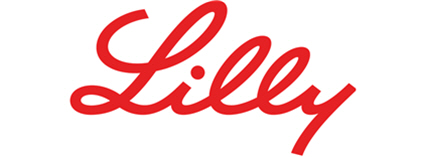Eli Lilly
Eli Lilly and Company was founded in 1876 by Colonel Eli Lilly, a veteran of the US Civil War who was frustrated by the poorly prepared and often ineffective medicines of his time. He set out to do better…and succeeded. Some 140 years later, Eli Lilly has grown to employ over 41,000 people providing innovative pharmaceutical products and disease management programs to more than 120 countries around the world.
Eli Lilly has frequently received acclaim for its support of diversity via employee resource groups, mentoring and sponsorship programs, flexible work arrangements, an open global culture, and a rich assortment of training programs designed to help members of various groups rise in its ranks.
Training isn’t aimed only at minorities, though; Eli Lilly also teaches its top executives to be sensitive to and overcome their unconscious biases. Director of Global Diversity and HR Communications Janice Chavers told us she was especially proud of a classroom program that gives these leaders “tools and tips to include everybody on their team…The shy woman who doesn’t speak up may have the absolute best ideas, so it’s teaching the leader how to engage that person.”
Eli Lilly also offers a broad range of online resources. These include a public website named Women @ Lilly featuring stories of women who this international company has championed worldwide—even in cultures that don’t traditionally encourage female business leaders such as Japan, Korea, and Saudi Arabia—inspiring both current employees and potential new ones. Chavers shared with us, “In Saudi Arabia, we had to petition the government to have women in our office; and we had to have separate areas in our office for men and women.” Since then women hires have grown to comprise 20% of that Saudi workforce; and “now that we’ve had women in the office for a few years, they’re rising up to leadership positions.” Chavers added this goes to show, “GIve a woman an opportunity and train her, and she can do amazing things; even in the most traditional societies.”




